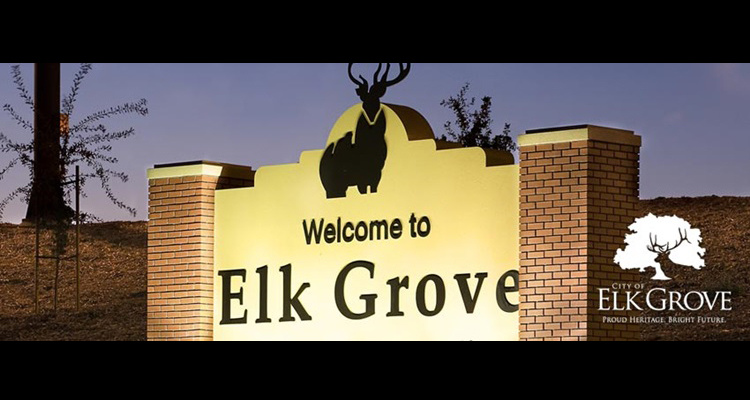The proposed $400 million tribal casino in Elk Grove has stirred up a lot of legal activity as Stand Up For California, a gambling watchdog group, has teamed up with two residents of Elk Grove to sue the city. The basis of the suit is that environmental procedures were violated as city officials take into account the full impact of environmental hazards when it permitted the Howard Hughes Corp to sell 35.9 acres of land in Sacramento County to the Wilton Rancheria Indian tribe for the proposed casino to be built.
The second lawsuit was filed by Bell, McAndrews & Hiltachk, a law firm in Sacramento County on behalf of an anonymous party who allege that the Elk Grove City Council has made an erroneous decision in allowing the Howard Hughes Corp to amend its mall development proposal and reduce the size of the proposed mall in order to allow the casino resort to be developed. The Howard Hughes Corp is preparing to develop a mall adjacent to the proposed casino site.
The anonymous group has already collected 14,800 signatures and submitted them to the City Council for review in order to call for a ballot referendum on the casino proposal. The City Council is still in the process of reviewing the validity of all signatures. Now, a Construction Contractors Alliance called the Region Business has decided to fight back against this call for a ballot referendum and has filed a petition challenging the technicalities on which the ballot referendum was made and has asked the courts to dismiss the same.
Region Business has sent a letter to the city attorney which states that the petitions are not valid as they have a number of flaws including failing to include the text of the city ordinance that highlights the original development contract with Hughes Corp that does not require a casino. Region Business also wants the anonymous group opposing the Elk Grove casino to reveal themselves and have filed another petition with the Fair Political Practices Commission (FPPC) stating that the group should have sent in their financial campaign disclosures by now.
The FPPC rules states that it is mandatory for a group to reveal their identity once they have spent more than $2,000 on a campaign. The legal representatives for the anonymous group are yet to release a statement. The land deal between the Wilton Rancheria Indian tribe and the Hughes Corp is still being reviewed by federal agencies which oversee tribal agreements. The tribe is also yet to sign a gambling compact with the Governor.



